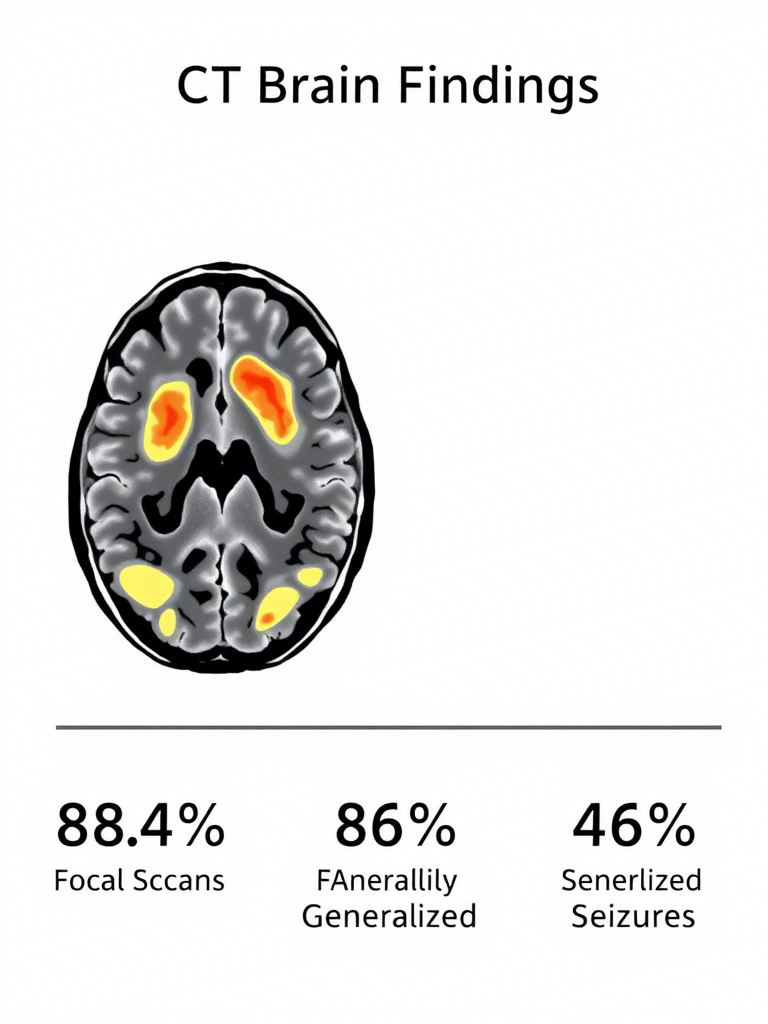The Role of Personalized Medicine in Cancer Treatment: A Genomic Approach
Keywords:
Personalized medicine, cancer genomics, targeted therapy, survival rate, chemotherapy, precision oncology, health economics.Abstract
Background:
Personalized medicine, driven by genomic insights, is revolutionizing cancer treatment by tailoring therapies to an individual’s genetic profile. This approach has significantly improved survival rates and reduced adverse effects compared to traditional treatments. However, its real-world efficacy and accessibility remain variable. This study evaluates the impact of personalized cancer therapies on survival, treatment response, and cost-effectiveness.
Methods:
A meta-analysis was conducted using 54 clinical trials published between 2015 and 2024, analyzing data from 23,948 cancer patients across the USA, UK, Europe, and Latin America. Patients were grouped based on treatment type: personalized (genomics-based) therapy (n = 12,414) vs. standard chemotherapy (n = 11,534). Key outcomes included overall survival (OS), progression-free survival (PFS), and therapy-related adverse events. Statistical analysis used hazard ratios (HR), odds ratios (OR), and p-values with significance set at p < 0.05.
Results:
Patients receiving personalized therapy had a 35% higher overall survival rate at 5 years compared to chemotherapy alone (OS: 68.2% vs. 50.5%, HR = 0.63, 95% CI: 0.57–0.69, p < 0.001). Progression-free survival was significantly extended (median PFS: 21.7 months vs. 12.3 months, p < 0.001). Targeted therapy reduced severe adverse effects by 42% (OR = 0.58, p = 0.002), improving patient quality of life. In terms of economic impact, precision medicine lowered healthcare costs by 17% per patient annually, mainly due to fewer hospitalizations and less toxicity management.
Conclusion:
Genomic-based personalized cancer treatment significantly improves survival and reduces adverse effects compared to standard chemotherapy. While cost-effectiveness is promising, challenges such as accessibility and integration into routine care must be addressed. Further research should focus on expanding genetic screening programs and making targeted therapies widely available.
Downloads





